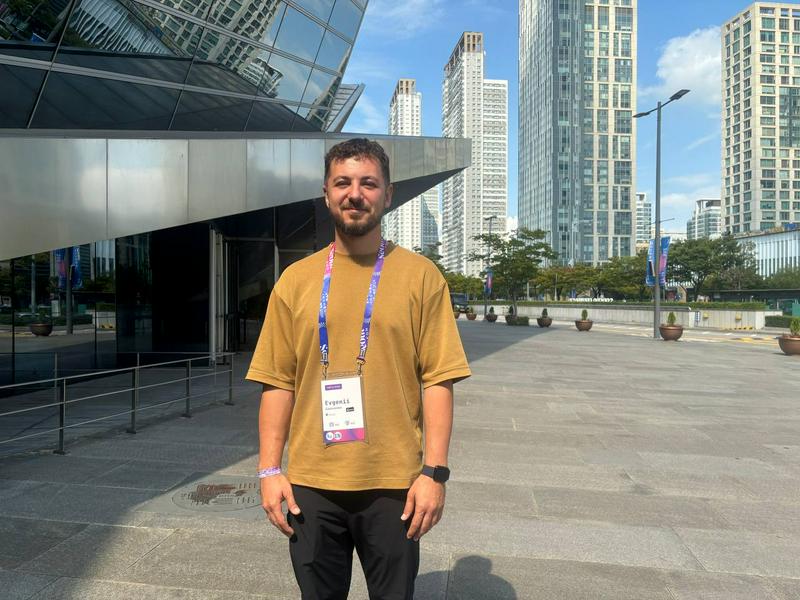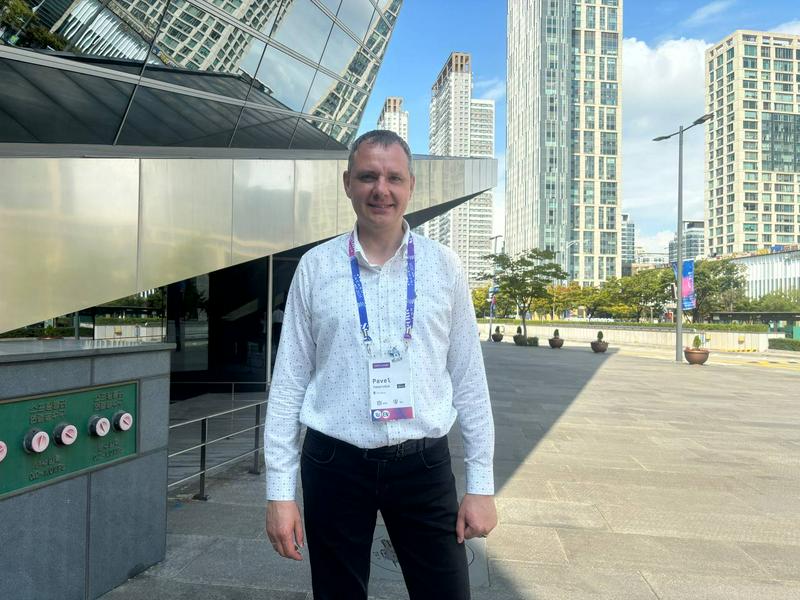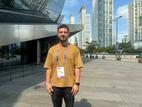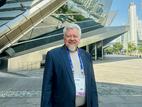At the recent Fourth Lausanne Congress on World Evangelization, two evangelical pastors originally from Russia shared their insights on global missions and the unique challenges churches face in their respective countries.
Evgenii Iakovenko, a pastor from an evangelical church in Chelyabinsk, the central part of Russia, and Pavel Tokarchuk, an assistant pastor in an evangelical Baptist Church in Moldova and a full-time minister with Mission Eurasia, both appreciated Lausanne as a platform for fostering meaningful connections among Christians worldwide.
Mission Eurasia, an agency active in Eurasia for 33 years, operates in 15 countries, including 12 former Soviet Republics, as well as Mongolia, Israel, and Poland.
The Lausanne Experience: A Platform for Unity and Mission
Iakovenko values Lausanne for bringing diverse people together to communicate and build relationships. “Through many of them, God spoke to me,” he said. “I hope that I was also the source of God's voice.”
Tokarchuk also found Lausanne invaluable for uniting leaders, churches, and parachurch organizations in the mission of global evangelism. He appreciated the Congress’s agenda tracks, which fostered discussions on a holistic approach to sharing the gospel worldwide.
Holistic Ministry: Combining Faith with Practical Support
Iakovenko, also a trained psychologist, shared that his background helps him better understand and support people. However, he emphasized that his aim goes beyond psychological aid; he seeks to lead people to the kingdom of God.
Tokarchuk moved to Moldova from Ukraine during the war, following the relocation of Mission Eurasia’s office. Since the war began, Mission Eurasia has been actively assisting refugees in Moldova.
Through mobilizing churches and individuals, the organization has provided food, materials, and psychological support to displaced people. “We share the word of God with refugees to give them hope—not by pushing, but by encouraging,” he said. This approach has led to “good fruits,” with adults and children alike turning to the Bible in search of comfort and guidance.
Challenges and Hopes for Revival
Both Russia and Moldova have long histories with the Orthodox Church.
In Russia, where Orthodoxy is the dominant faith, Iakovenko noted that many people identify as Christians without embodying the faith in their lives. “We need to show them what real Christianity is,” he said, expressing his hope for a spiritual revival, especially among the young generation that they can value the relationship with God and the church.
Additionally, evangelical churches in Russia face restrictions on holding public events outside of church walls, as these require governmental permission—a process typically easier for the Orthodox Church.
In Moldova, Tokarchuk faces similar challenges. Although evangelical churches have grown over the past 50 years, making up around two percent of the population, “there is a huge field of nominal Christians,” he said. “Our desire is to bring those people to a real relationship with the Lord.”
A Call for Prayers for Peace
Reflecting on the hardships caused by the Russia-Ukraine conflict, both pastors emphasized the deep need for peace.
Iakovenko expressed sorrow over the war, describing it as “a big pain and tragedy, a disaster for Christians and churches in Russia.” He urged people to seek God’s path of peace and follow His principles in this difficult time.
Tokarchuk also called prayer for refugees and the churches supporting them, welcoming material aid and short-term mission teams to help children, women, and families in need.
Encouragement for Churches and Christians in China
Iakovenko reminded Chinese believers that, in both good times and difficult ones, “God is with the church and His people.”
Tokarchuk humorously commented on the prevalence of Chinese products worldwide, saying, “God created the world; the rest were made in China,” admiring the hardworking and trustworthy nature of the Chinese people.
Having read books on Christianity in China, he said, “I wish for Chinese Christians to be faithful and to stay strong in the faith amid difficulties, challenges, and persecution.”













